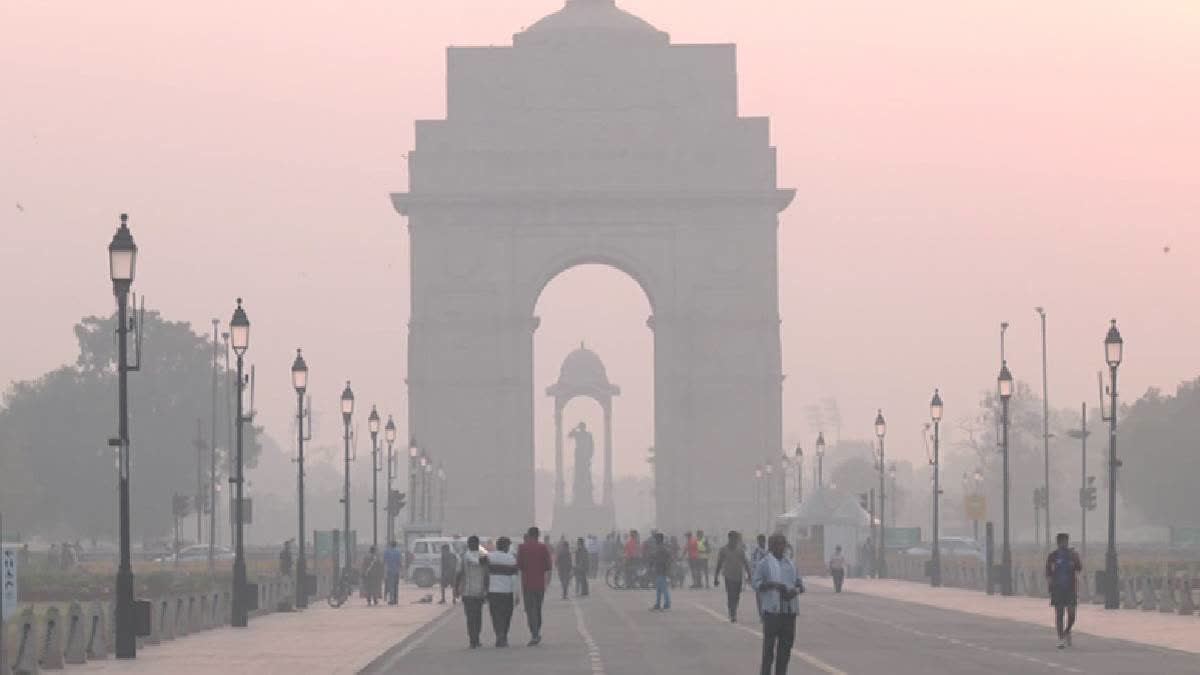New Delhi:The pollution crisis in Delhi calls for a large-scale shift in agricultural waste management and compressed biogas (CBG) offers a sustainable solution by tackling both stubble burning and vehicular emission, according to a report.
While vehicles contribute 20 per cent to Delhi's pollution in summers and stubble burning 16 per cent, these numbers rise to 30 per cent and 23 per cent in winters respectively, as per the report by Nomura Research Institute Consulting & Solutions India.
"Worse, during peak stubble-burning season, biomass-burning emissions frequently exceed 30 per cent," it said, adding that although the city's toxic air comes from multiple sources -- vehicle emissions, construction dust, biomass burning, including paddy straw stubble burning, and industrial emissions.
Stressing that CBG can play a key role in tackling Delhi's air pollution, the report said, "A CBG plant producing 10 tons of CBG per day requires about 90 tons of paddy straw. By repurposing this biomass instead of burning it, we can prevent about 270 kilograms of PM (particulate matter) emissions every single day."
Citing several sources, the report said, "A staggering 67 per cent of the PM from stubble burning in Punjab and Haryana drifts into Delhi NCR, turning the region into a gas chamber each winter."
By preventing the burning of paddy straw, a single 10 tons per day CBG plant can eliminate 11,000 to 12,000 kilograms of PM emissions annually, which is equivalent to replacing 1.5-1.75 lakh petrol cars with electric vehicles, thus keeping Delhi's air cleaner and healthier, it noted.
"It is also equivalent to removing about 25,000 high-polluting pre-BS-VI, older vehicles from the roads," the report added. The benefits of CBG extend well beyond just pollution reduction as it is a renewable fuel and can be used as a direct substitute for fossil-based CNG and PNG in transportation, industrial, and household applications.
The report, however, said a coordinated effort among the government, private sector, and farmers is essential for the widespread adoption and long-term viability of CBG as a pollution control measure. A combination of demand-side and supply-side measures is needed to effectively tackle pollution in Delhi-NCR using CBG, it added.
On the supply side, additional policy incentives, infrastructure development, and financial support to scale up CBG production need to be considered. "On the demand side, mandatory blending policies with penalties, along with incentives for industries and the transport sector, are necessary to encourage CBG adoption as a cleaner alternative to fossil fuels," the report added.
